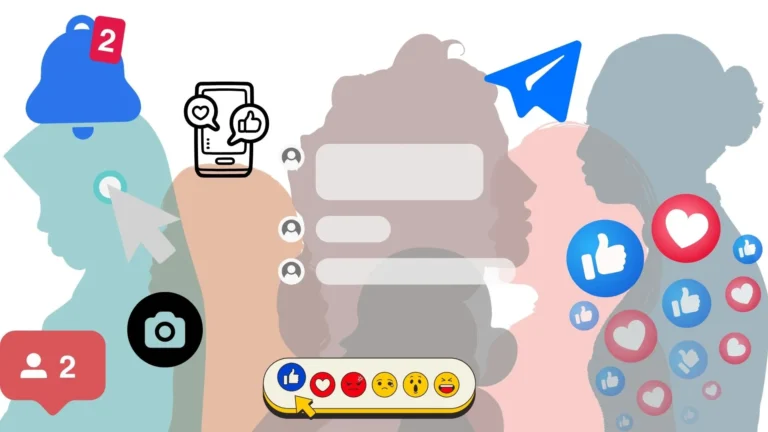This article appears in full on the Huffington Post
As the avalanche of high-profile sexual assault and harassment controversies in Hollywood, the media, and politics continues, a noticeable rhythm has set in: public accusations mount, the man offers a denial or weak apology, and then he fades into the background as soon as the next man is accused.
Before moving on, however, it is worth looking at the eerie similarities between these canned public apologies. Collectively, they expose the mindsets of sexual abusers.
The alleged predators invoke passive verbs, scale to generalities, and employ excuses, producing what usually feels like a disingenuous, excusatory apology, at best.
Benjamin Genocchio, who allegedly harassed 5 women, said, “To the extent my behavior was perceived as disrespectful, I deeply and sincerely apologize.”
This drips with passive undertones, from the qualification of “to the extent” to pivoting to how his actions were “perceived.”
According to one study from the British Journal of Social Psychology, “individuals who were generally more accepting of rape myths used more passive forms to describe the actions of a [sexual assault] than did individuals who rejected rape myths.”
A rape myth is a false permission-giving belief for sexual violence or harassment, such as beliefs that if a person doesn’t fight back they aren’t really raped or that “no” really means “yes.”
It’s no surprise that someone who crosses sexual boundaries would believe rape myths. But it’s troubling when they espouse underlying tenets of rape myths while half-heartedly apologizing.
…
Click Here To Read The Full Article on Huffington Post


